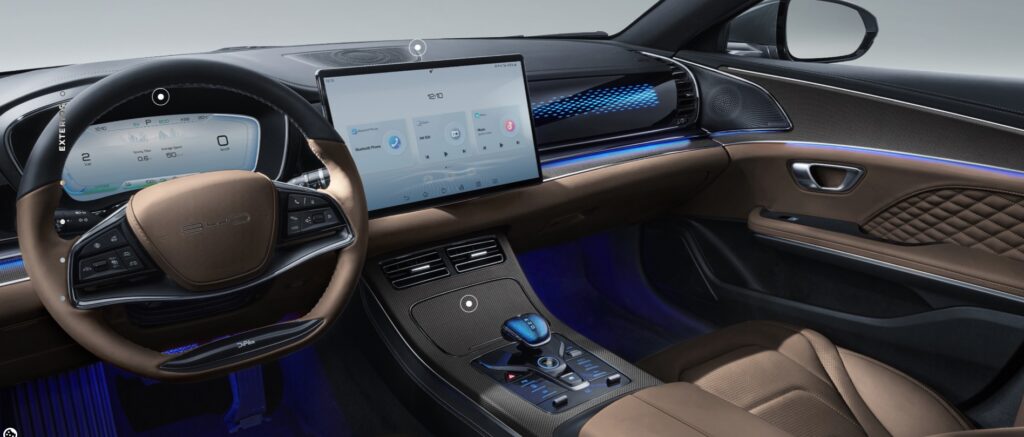In the United States the tariffs on Chinese electric vehicles are 100%. It is now the European Union’s turn to follow in American footsteps. The EU is about to impose a 45% tax on Chinese electric vehicles, which raises a few uneasy observations.
One. Where has the ideology of free market economy gone? One might rather think that the West is all about market competition. The manufacturer of goods or provider of services who can sell better and cheaper products wins the market. It turns out that this rule is binding only so long as the market is dominated by “us”, not by “them”.
Two. Of course, neither the United States nor the European Union violate their own principles of free market competition! Far from it! What they are currently doing is that they fight unhealthy competition. Understood? You know the usual story that is spun by the commissioners: the tariffs are only imposed because the Chinese support their manufacturers while we do not. How can anybody prove or disprove this claim? How can anybody know whether the Chinese support their manufacturers while Europe does not support its? The argument resembles the one about silencing or suppressing free speech in social media and elsewhere. It is not that the European Union is introducing censorship; rather, the EU combats misinformation and disinformation.
Three. The EU commissioners, who are obsessed with green – loop – sustainable economy would like – as soon as possible – to see on the roads only vehicles powered by electricity. As it is, “Chinese-built electric cars jumped from 3.9% of the EV market in 2020 to 25% by September 2023” (AP), which means that the EU’s green policy has economically backfired. Most likely, the EU commissioners once cherished hopes that European electric vehicles would dominate not only the European market but also markets outside the Old Continent. The Americans must have thought the same. What a bitter disappointment!
Four. If it is true that Chinese EVs are government-subsidized, why cannot the European Union subsidize its own EV manufacturers? Is it because Brussels has funnelled all the available resources to sabre-rattling in Ukraine and the millions of imported aliens?
Five. It also turns out that tariffs are after all good for particular economies. Why, then, have they been removed between European countries – EU members? If a superstate like the EU needs the tariffs – more, if the economic superpower like the United States needs the tariffs – why should a small economy like that of Hungary or Portugal, Finland or Croatia do away with them? Things just don’t add up. It turns out that neither Hungary nor Portugal, neither Finland nor Croatia are afraid of economic competition coming from such giants as Germany or France, the United Kingdom or Italy, but the aggregate of these four countries along with their many dependencies is scared out of its wits when it comes to Chinese competition. Hm…
Six. The EU commissioners dream about saving the whole planet from poverty, discrimination and ecological catastrophe, which is why they import millions of non-Europeans and de-industrialize their countries. Why then do the EU commissioners not want to help the billion of Chinese people by buying their products and why do the EU commissioners not want to accelerate the process of transitioning to green economy with the aid of China’s EVs? These are, after all, the two noblest goals of the managers of the world! A weird thought springs to mind: is still profit more important than all that blah-blah about helping Third World people and saving the planet?
As usual, the Western managers of the world fall into their own snares and say mutually exclusive or contradictory things in the same breath. That’s nothing out of the usual. An attentive observer has had time enough to get accustomed to it while EU blind supporters will neither notice these inconsistencies nor, noticing them, will they ever hold them against their beloved EU.





